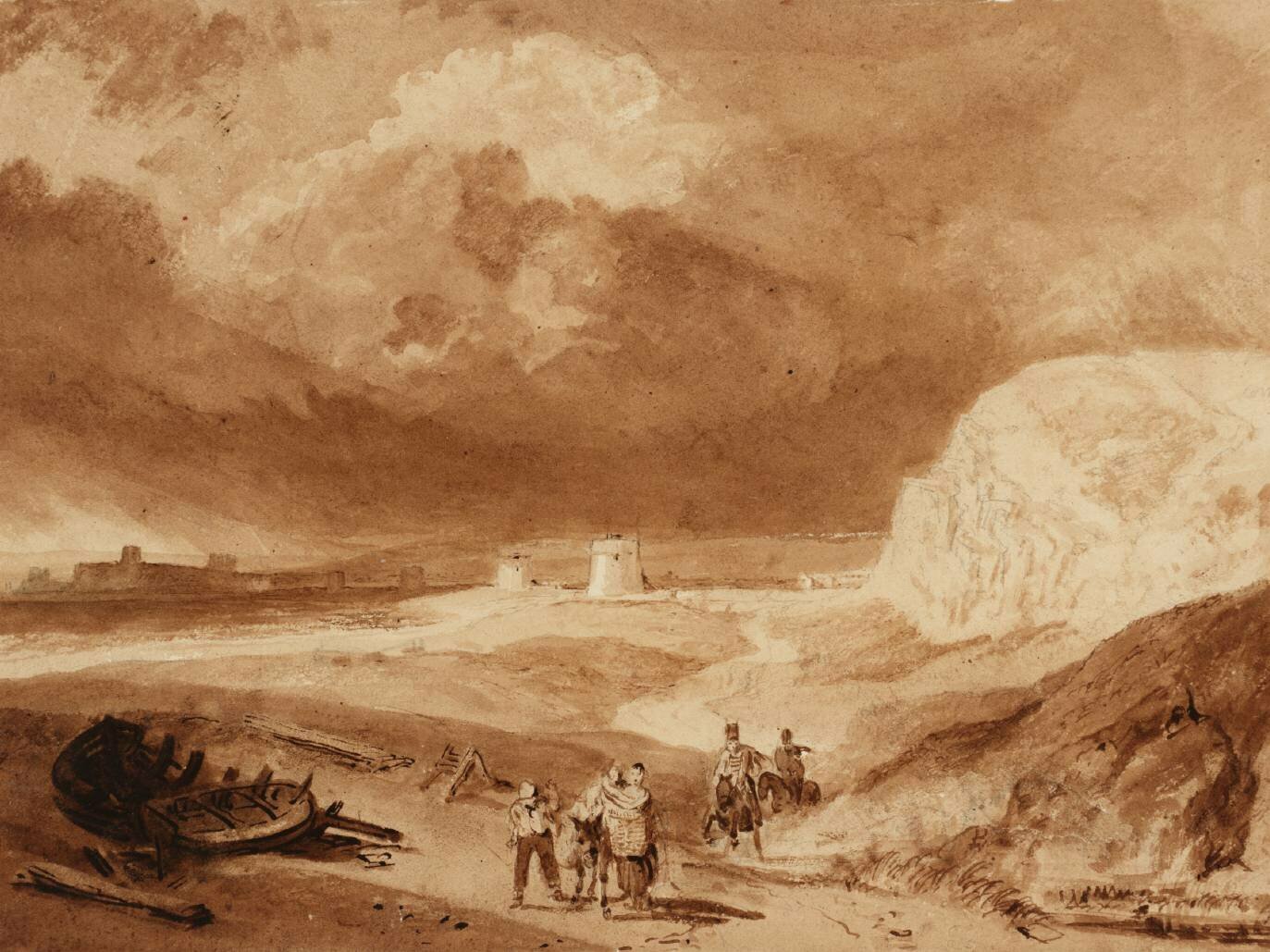 ‘The Vigilant and the Negligent’: British Coastal Administrations in the 18th Century
‘The Vigilant and the Negligent’: British Coastal Administrations in the 18th Century
Hannes Ziegler
h.ziegler@ghil.ac.ukThe 18th-century history of the British coast in popular and academic perception is currently usually dominated by images of sea bathing and the beach (viz. history of leisure and health), of Martello towers and men-of-war (viz. military and naval history), or of small sloops laden with brandy barrels (viz. history of smuggling). And yet surrounding, underlying, and at times even closely connecting all of these issues and activities was an intricate network of administrative practices that has to date rarely been studied in detail. From its origins in 1671 until the establishment of a modern coastguard at the beginning of the 19th century, the administration of the English, Welsh, and Scottish coasts lay formally in the hands of the Board of Customs. Several types of administrative units, such as Riding Officers and revenue cruisers, were increasingly established in an elaborate framework to watch and control movements along the coasts, and to communicate coastal incidents. Always of dubitable economic and political efficiency, this framework led to a complicated and dense overlapping of administrative activities involving the military, the militia, the navy, the civil administration, and even the local populations of these coastal regions.
The book project explores the history of 18th-century British coastal administration from the angle of administrative and political history in a cultural perspective. It focuses on the various administrative units that were charged with guarding and watching the coasts. At the same time, however, emphasis will be placed on the interchange and competition between different central organizations (the Treasury, Admiralty, War Office, Home Office, and so on) regarding the problem of the coast, on the channels of communication between centre and periphery, on the interrelations of government officials and local population, and on the administrative consequences of an essentially preventive system of guarding the coasts. The results will thus ultimately allow for a discussion and re-evaluation of supposed processes of state-formation in 18th century Britain.

